Photo Credit: https://www.flickr.com/photos/quinnanya/3003239484
Business owners of color, women-owned businesses, and immigrant-owned businesses historically have not been at the front of the line for federal and state small business support. Why do we think this time is any different?
These under-represented communities of business owners receive less investment, fewer bank loans, and less of pretty much every other kind of funding as compared to other businesses.
So when we launch a first-come first-serve program, do we really expect any kind of inclusive benefit from the program? Is anyone even collecting information on who is qualifying for the EIDL or PPP funding?
My guess is not.
In a time of crisis, the first instinct is to just get the money out the door. But now we need to do better.
Barely a week and a half after the programs were created, reports show that PPP funds are already in such high demand that they will run out of money soon without more federal resources. And that’s still just the businesses applying to that program versus the many more who don’t know how to get the federal sources yet or are concerned they won’t qualify because they don’t want/can’t take on more debt.
So how do we support our small businesses in an inclusive way, aka the only way that we will actually rebuild our economy after this crisis?
It’s going to come down to local delegation and publicly available measures of success.
Here’s what I think we need to do:
1. Fill the Paycheck Protection Program with more funding for people who can use it.
Report publicly on the characteristics of businesses that receive the funding – state, number of employees, and ownership demographics (including race, ethnicity, income, and women breakouts).
If the first 50% of the funding does not represent the demographic diversity of the country, then divide up the pool of funding to ensure a set aside for under-represented business owners and pursue outreach partnerships to reach them.
2. Send an equivalent amount of funds to all local governments (based on population) to allocate grants to small business survival for the next 3 months.
CDBG may be the right vehicle but it doesn’t reach every rural jurisdiction, and some states require it to be used for housing only, so some other federal program may need to be used in place or in combination with it.
Report publicly on the characteristics of businesses that receive the funding – jurisdiction, number of employees, and ownership demographics (including race, ethnicity, income, and women breakouts).
If the first 25% of the funding does not represent the demographic diversity of the jurisdiction, then divide up the pool of funding to ensure a set aside for the under-represented business owners and pursue outreach partnerships to reach them with these grants.
3. Create a forgivable loan program specifically for our CDFIs to reach micro-business owners and other under-represented populations that cannot access federal funding.
CDFIs (Community Development Financial Institutions) already work in detail with the businesses most likely to be left behind in these federal programs. Let’s move funding directly into their hands, with the operational support to expand their work, to work with these businesses. With the same criteria – report on the businesses being served.
Without purposeful outreach and purposeful support, we will leave the majority of our small businesses behind during this crisis. We will hamper our ability as a nation to recover from this human health and economic catastrophe. We will severely limit our ability to rebuild, and our recovery will take even longer and be more erratic. We will leave more people and places behind.
We can do better. We have to do better.
In fact, I say we have a responsibility to do better.
Let’s make sure we have more lines of access so that more business owners can make sure their businesses can pivot or pause and then come back to life when we can open our doors again.
Do you need help making this happen at the local level? Check out how we are working with local governments and other local leaders to make this happen.

